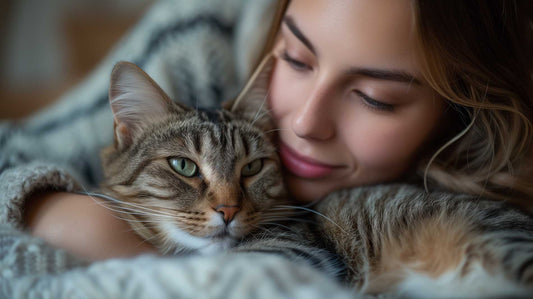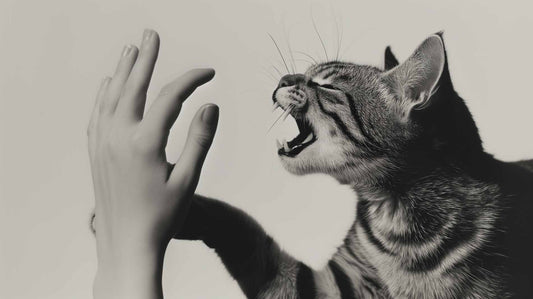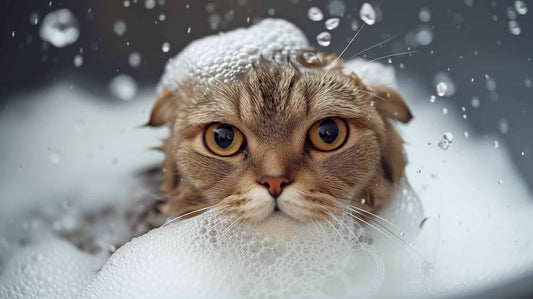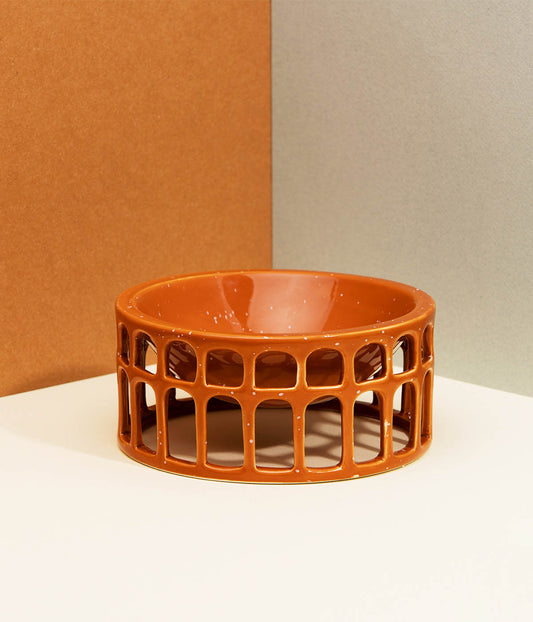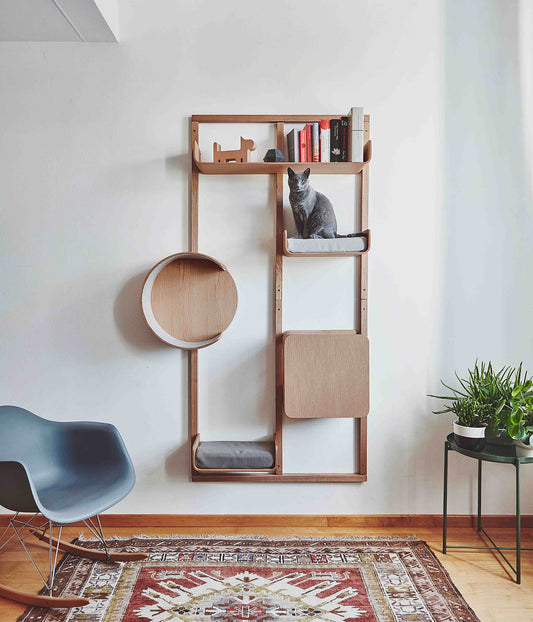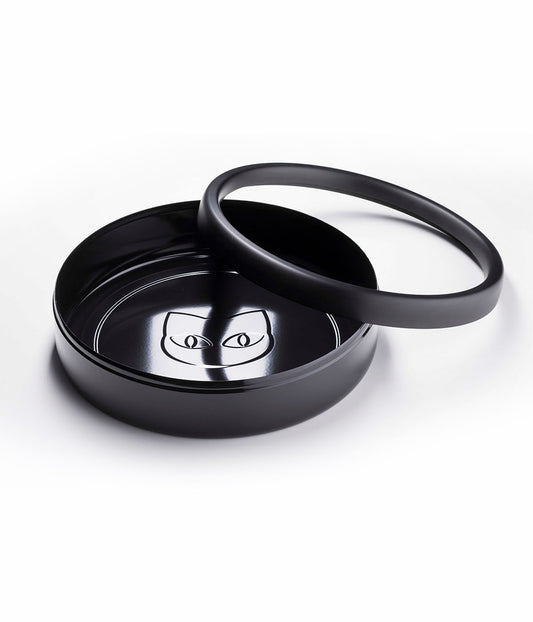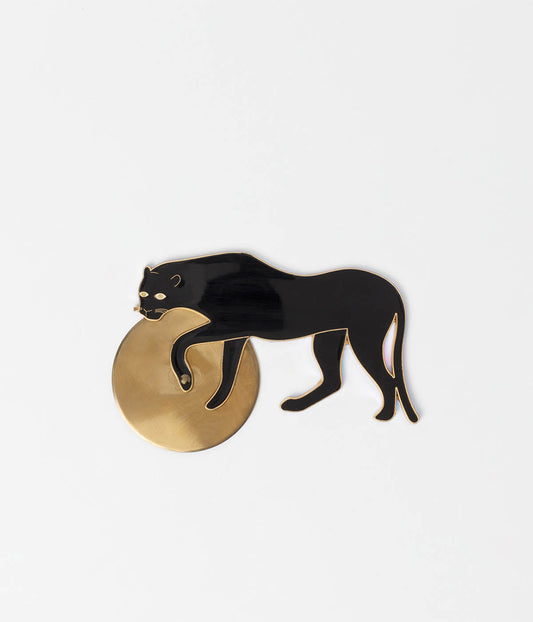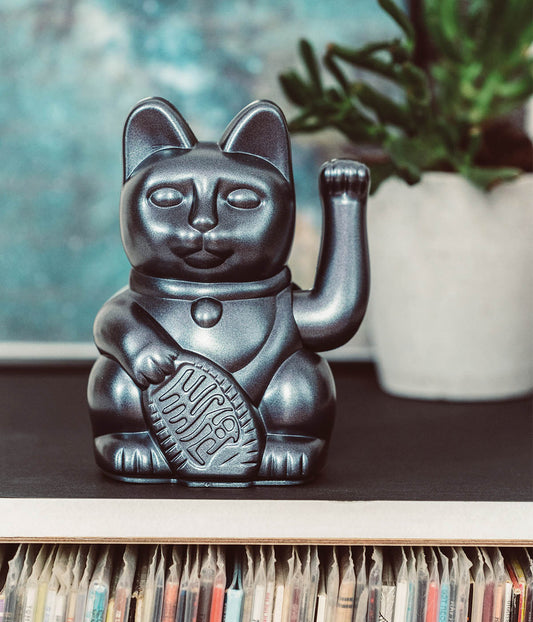
Hilfreicher Leitfaden zum Training Ihres neuen Welpenhundes
Marie DuchessBringing home a new puppy is an exciting and joyful experience. However, it also comes with a lot of responsibility. One of the most important aspects of being a puppy parent is training. Training your new furry friend not only helps them become well-behaved and obedient, but it also strengthens the bond between you and your puppy. If you're unsure where to start, don't worry! This helpful guide will provide you with some essential tips and tricks to make the training process a breeze.
What are the basic commands every puppy should learn?
When it comes to training your new puppy, there are a few basic commands that are essential for their safety and well-being. These commands include:
- Sit: Teaching your puppy to sit on command is a fundamental skill. It helps to keep them calm and focused in various situations.
- Stay: The "stay" command is crucial for keeping your puppy in one place, especially when there's potential danger nearby.
- Come: Teaching your puppy to come when called is vital for their safety, especially when they're off-leash in a public area.
- Leave it: This command is essential for preventing your puppy from picking up or chewing on harmful objects.
- Down: The "down" command teaches your puppy to lie down on command, which is useful for situations where you need them to be calm and relaxed.
How can you potty train your puppy?
Potty training is one of the first and most important lessons you'll teach your new puppy. Here are some tips to make the process easier:
- Establish a routine: Take your puppy outside to the same spot at regular intervals, such as after meals, naps, and playtime.
- Use positive reinforcement: Praise and reward your puppy with treats or verbal praise when they eliminate in the designated area.
- Be patient: Accidents are bound to happen, so it's important to remain patient and avoid punishment. Punishing your puppy can create fear and hinder the training process.
- Clean accidents properly: Use an enzymatic cleaner to remove any traces of accidents. This helps prevent your puppy from being attracted to the same spot again.
How can you socialize your puppy?
Socialization is a crucial part of your puppy's development. It helps them become comfortable and well-behaved around other animals and people. Here's how you can socialize your puppy:
- Expose them to new experiences: Introduce your puppy to different environments, sounds, and people from an early age. This helps them become more confident and adaptable.
- Arrange playdates: Set up playdates with other vaccinated and friendly dogs to help your puppy learn appropriate play behavior.
- Enroll in puppy classes: Puppy training classes provide a structured environment for socialization and learning. They also offer professional guidance and support.
What are some common training mistakes to avoid?
While training your new puppy, it's important to avoid certain common mistakes that can hinder their progress. These include:
- Inconsistency: Being inconsistent with your commands and expectations can confuse your puppy. It's important to establish clear rules and stick to them.
- Skipping positive reinforcement: Rewarding your puppy for good behavior is essential. It helps them understand what is expected of them and encourages them to repeat the behavior.
- Using punishment: Punishment can create fear and anxiety in your puppy, making the training process more challenging. Focus on positive reinforcement instead.
- Not starting early: The earlier you start training your puppy, the better. Puppies have a critical socialization period between 3 and 14 weeks, during which they are more receptive to learning.
Remember, training your new puppy takes time, patience, and consistency. Celebrate their successes, and don't get discouraged by setbacks. With love, guidance, and positive reinforcement, your puppy will grow into a well-behaved and happy companion.

